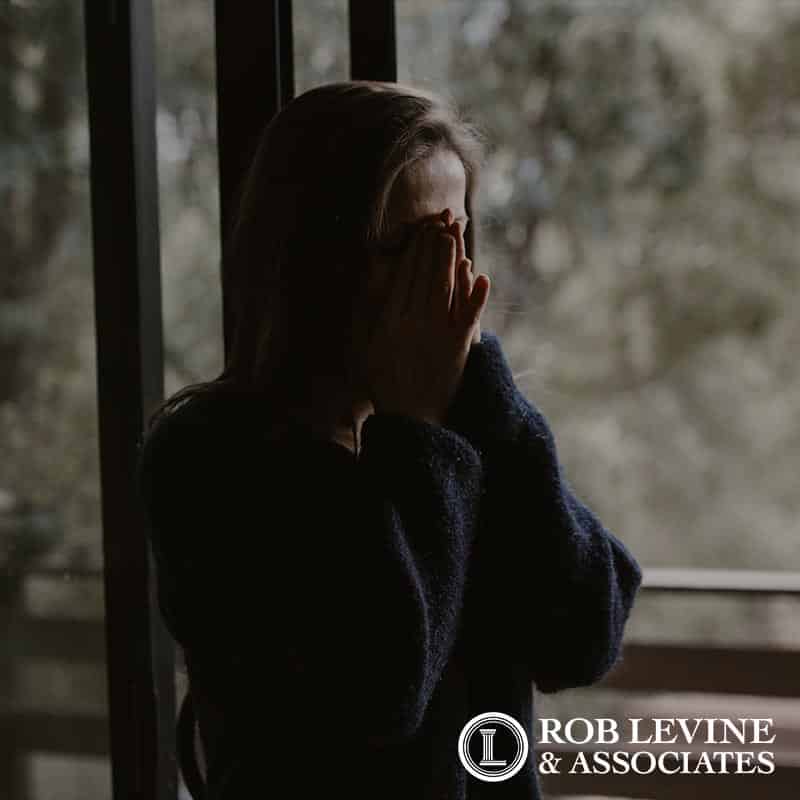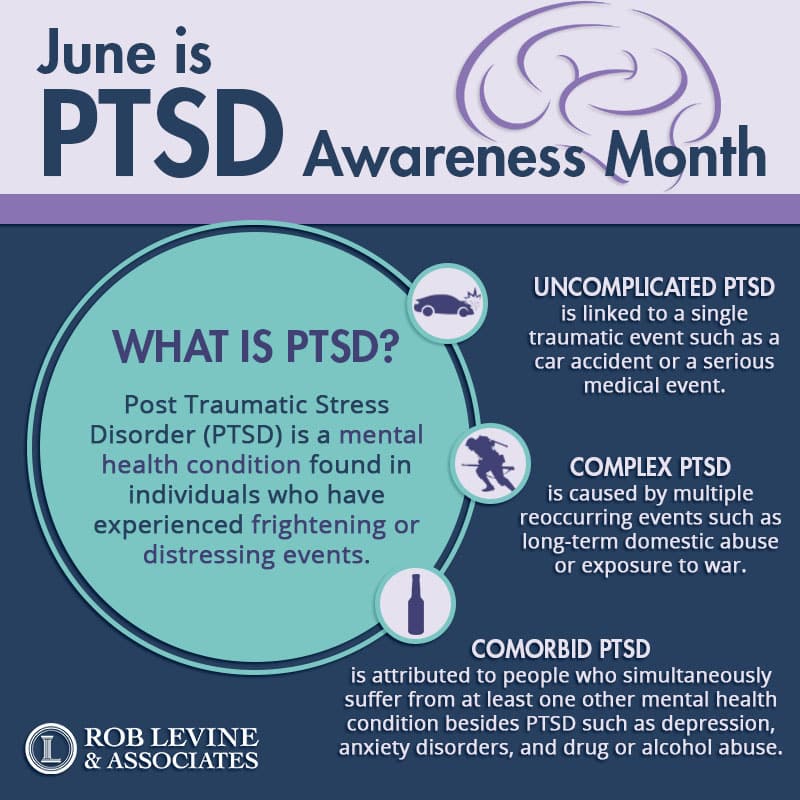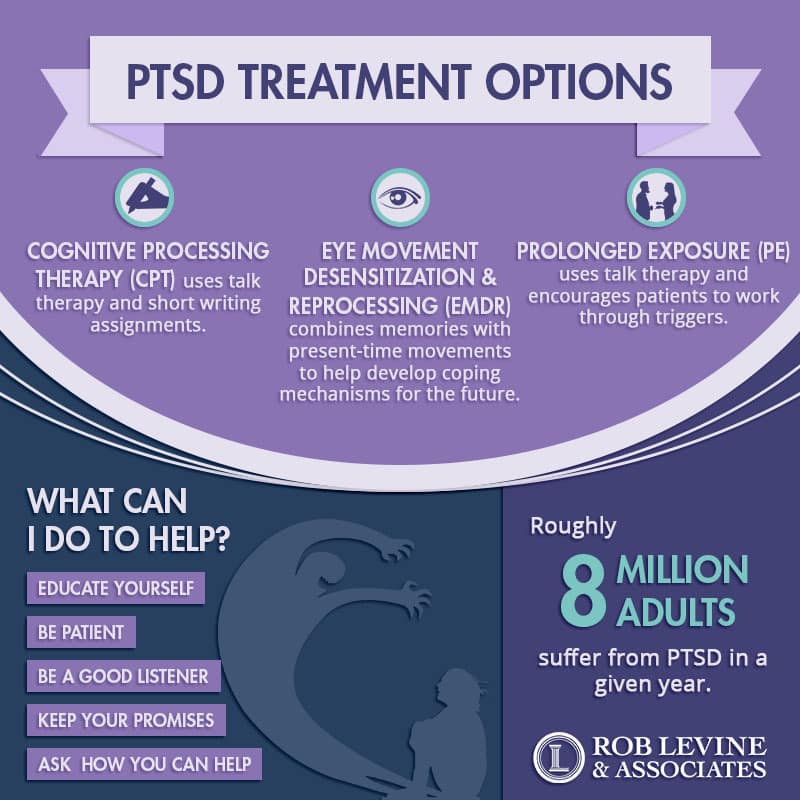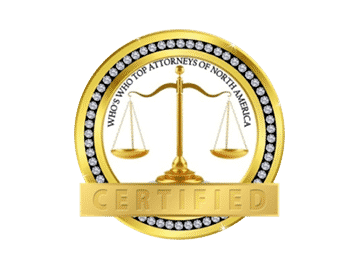PTSD Awareness Month
June is National Post-Traumatic Stress Disorder (PTSD) Awareness Month. There are many preconceived notions associated with PTSD. However, the goal of this month is to raise awareness, share knowledge, and show support to those struggling with PTSD.
Symptoms of PTSD can include intrusive memories, avoidance of triggers, negative changes in mood and behavior such as feelings of hopelessness, memory problems, lack of interest, or emotional numbness, and negative changes in physical and emotional reactions such as self-destructive behavior, trouble sleeping, irritability, or feelings of shame.
TYPES OF PTSD
PTSD is a multidimensional disorder and varies from person to person. As researchers explore this complicated mental health condition, PTSD diagnoses have been divided into three subcategories.
Uncomplicated PTSD is linked to a single traumatic event such as a car accident or a serious medical event. The main symptoms of uncomplicated PTSD include the avoidance of triggers and negative changes in mood and behavior. Uncomplicated PTSD is reported to be the easiest to treat.
Complex PTSD is caused by multiple reoccurring events such as long-term domestic abuse or exposure to war. Those with complex PTSD tend to struggle with symptoms such as avoidance of triggers as well as negative changes in mood, behavior, and emotional reactions. This type of PTSD is more difficult to treat as it is considered more intense.
Comorbid PTSD is attributed to people who simultaneously suffer from at least one other mental health condition besides PTSD. These other mental health conditions could include depression, anxiety disorders, and drug or alcohol abuse. This type of PTSD is common, with a reported 80% of patients with PTSD also experiencing at least one other condition.
WHAT YOU CAN DO TO HELP
Perhaps you know someone who is struggling with PTSD. It can be difficult to watch someone you care about struggle with something, but there are many ways to help!
- Educate yourself about PTSD
- Be patient
- Don’t pressure them into talking
- Be a good listener should they choose to talk about it
- Do “normal” things with them
- Anticipate and manage potential triggers
- Keep your promises
- Ask how you can help
Unfortunately, PTSD is very common. Roughly 8 million adults suffer from PTSD in a given year. If you have PTSD and need help filing your Social Security disability or veterans disability claim, contact Rob Levine & Associates today!













